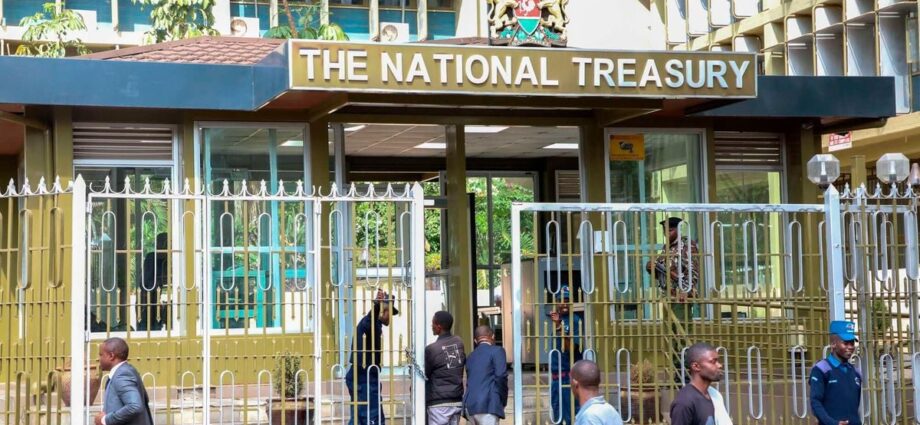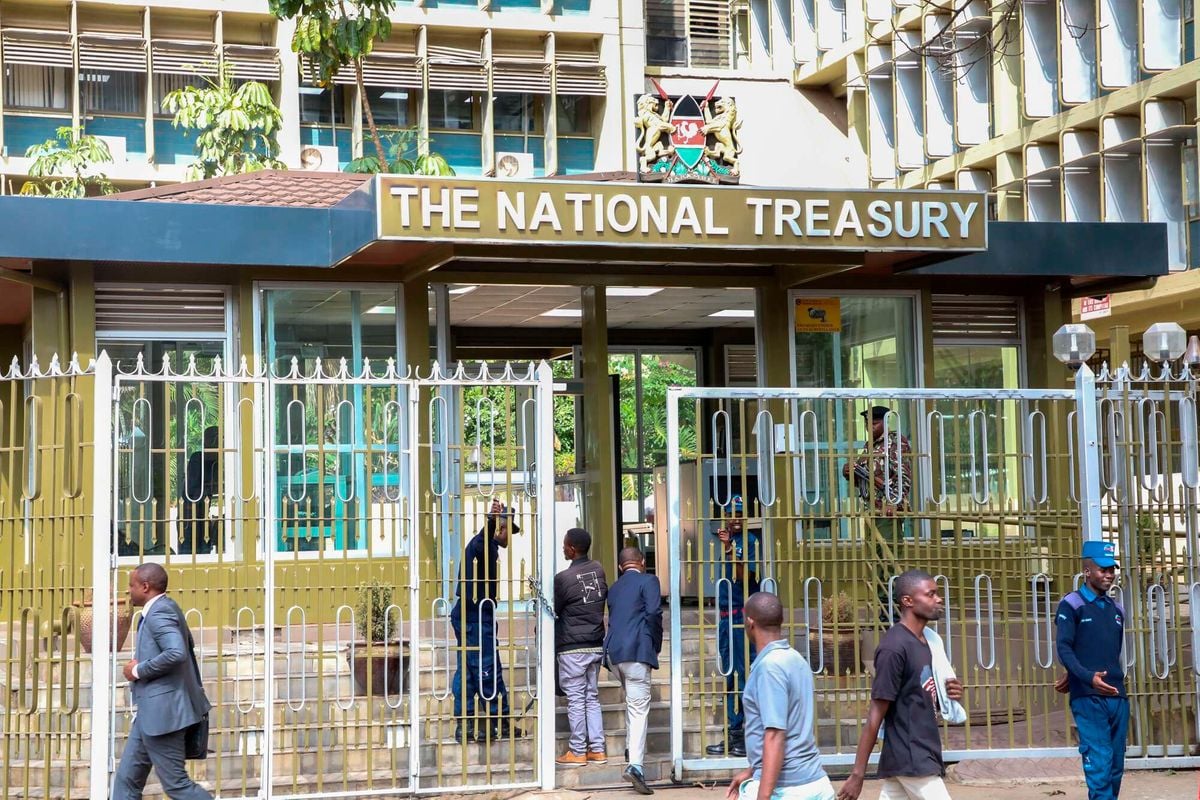The interest rate on the 91-day Treasury bill fell by the largest weekly margin in nine and a half years in the latest auction, giving the clearest signal yet that interest rates on government debt are set to come down.
Weekly auction results posted by the Central Bank of Kenya (CBK) on Thursday showed that the average rate on the shortest of the three T-bills (91 days) fell to 15.73 percent from 16.72 percent the previous week.
The week-on-week decline of nearly one percentage point is the biggest seen since the auction of November 16, 2015, when the rate fell from 13.76 percent to 9.65 percent.
The rate on the one-year T-bill also fell during last week’s auction, retreating to 16.53 percent from 16.98 percent —where it had been over the previous five weeks. On the 182-day paper, the rate represented a negligible decline to stand at 16.86 percent.
The fall in short-term rates has been driven by the improvement of the government’s fiscal outlook following the partial refinancing of the $2 billion 2014 Eurobond in February—the bond matures in June— and anticipated external loan inflows from the International Monetary Fund (IMF) and the World Bank before the end of June.
Recent bond sales have also been oversubscribed, helping the Treasury stay ahead of target on its domestic borrowing programme for the current fiscal year.
Before the Eurobond refinancing, there were concerns about the government’s ability to repay the debt, which when combined with the heavy borrowing needed to finance the current budget, had made investors place a high-risk premium on the government’s securities.
Speaking after the April 3 monetary policy committee meeting, CBK governor Kamau Thugge said that the regulator expects that domestic rates have now peaked while attributing the rise over the previous months to the government’s overreliance on domestic financing.
In the auction last week, investors signalled the falling risk concerns by spreading their bids more evenly across all three tenors, a departure from recent auctions where they have tended to heavily concentrate on the 91-day paper to minimise duration exposure to debt.
They also sought short exposure to have flexibility to take advantage of rising interest rates.
The 364-day paper attracted the highest value of bids last week at Sh19.3 billion, out of which the CBK took up Sh18.8 billion.
The 182-day recorded bids worth Sh10.56 billion, with Sh10.51 billion being taken up by CBK, while the 91-day raised offers of Sh16.41 billion and acceptances of Sh16.38 billion.
The weekly auction usually targets Sh24 billion.















